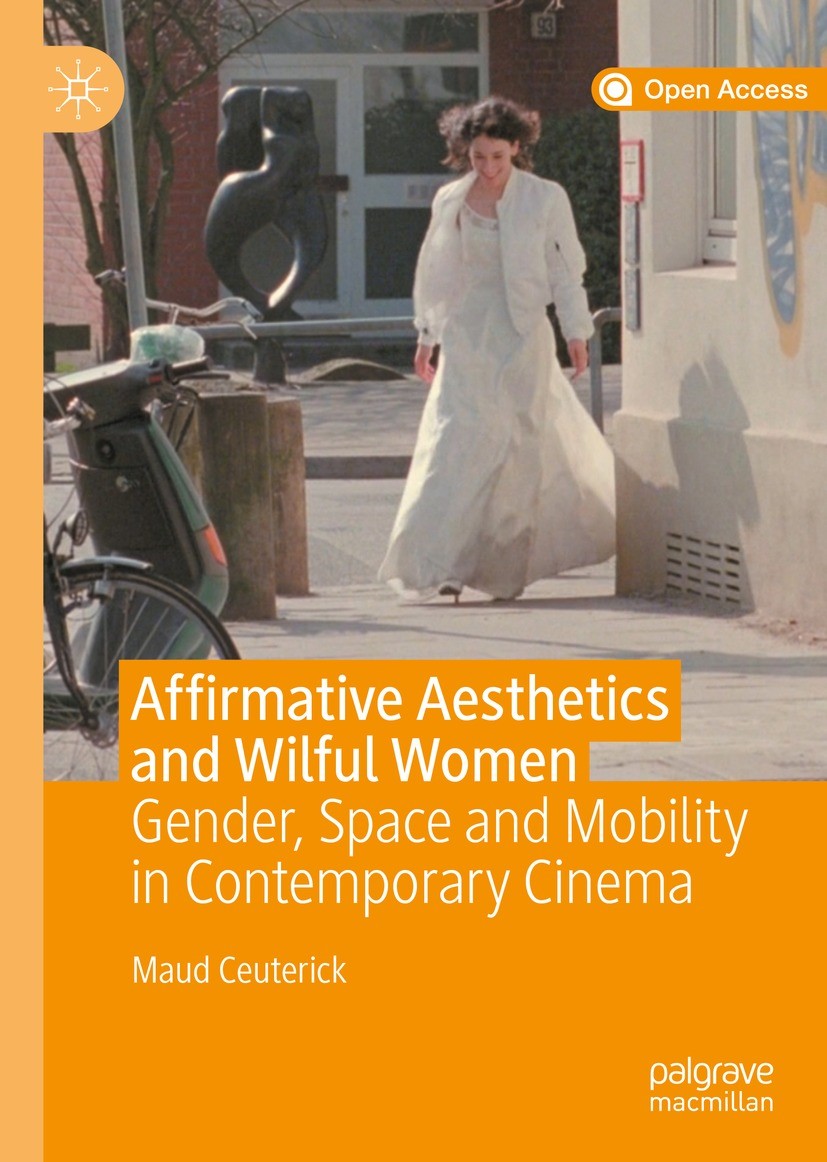| 期刊全稱 | Affirmative Aesthetics and Wilful Women | | 期刊簡(jiǎn)稱 | Gender, Space and Mo | | 影響因子2023 | Maud Ceuterick | | 視頻video | http://file.papertrans.cn/151/150675/150675.mp4 | | 發(fā)行地址 | Provides an affirmative approach to feminism and film.Explores case studies of films that are wilful to change the status quo, deconstructing the binary social distinctions created and reinforced by m | | 圖書封面 |  | | 影響因子 | .Fifty years of feminist thought have made the idea that women stay at home while men dominate the streets seem outdated; nevertheless, Ceuterick argues that theoretical considerations of gender, space, and power in film theory remain limited by binary models. Looking instead to more fluid models of spatial relations inspired by Sara Ahmed, Rosi Braidotti, and Doreen Massey, this book discovers wilful, affirmative, and imaginative activations of gender on screen. Through close, micro-analysis of historic European Messidor?(Alain Tanner, 1979) and contemporary world cinema:??Vendredi Soir?(Claire Denis, 2002),?Wadjda?(Haifaa Al-Mansour, 2012), and?Head-On?(Fatih Akin, 2004), this book identifies affirmative aesthetics: light, texture, rhythm, movement and sound, all of which that participate in a rewriting of bodies and spaces. Ultimately, Ceuterick argues, affirmative aesthetics can challenge the gender categories and power structures that havebeen thought to determine our habitation of cars, homes, and city streets. Wilful women drive this book forward, through their movement and stillness, imagination and desire, performance and abjection..? ? ? ? ? ? ? ?. | | Pindex | Book‘‘‘‘‘‘‘‘ 2020 |
The information of publication is updating

|
|
 |Archiver|手機(jī)版|小黑屋|
派博傳思國際
( 京公網(wǎng)安備110108008328)
GMT+8, 2025-10-18 05:50
|Archiver|手機(jī)版|小黑屋|
派博傳思國際
( 京公網(wǎng)安備110108008328)
GMT+8, 2025-10-18 05:50


